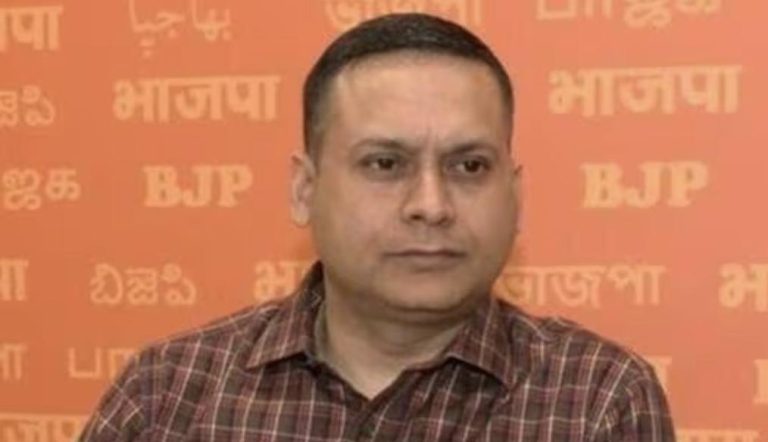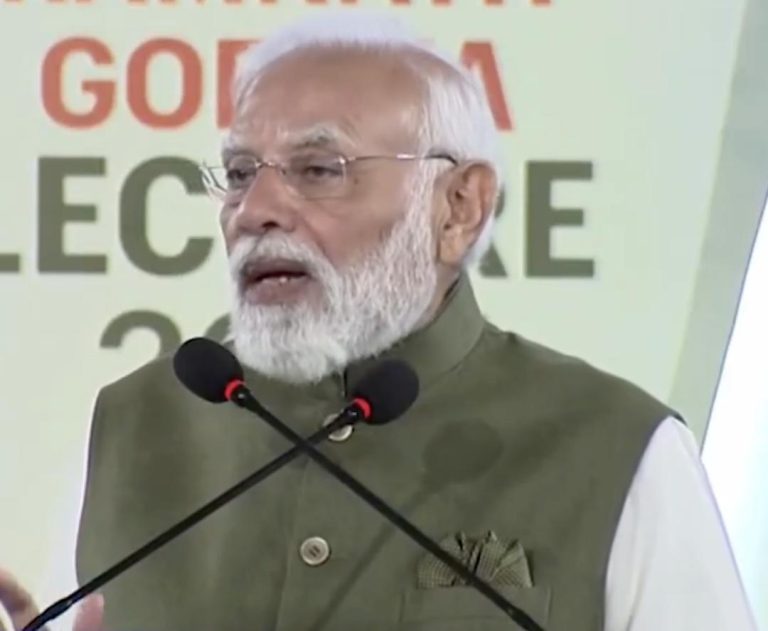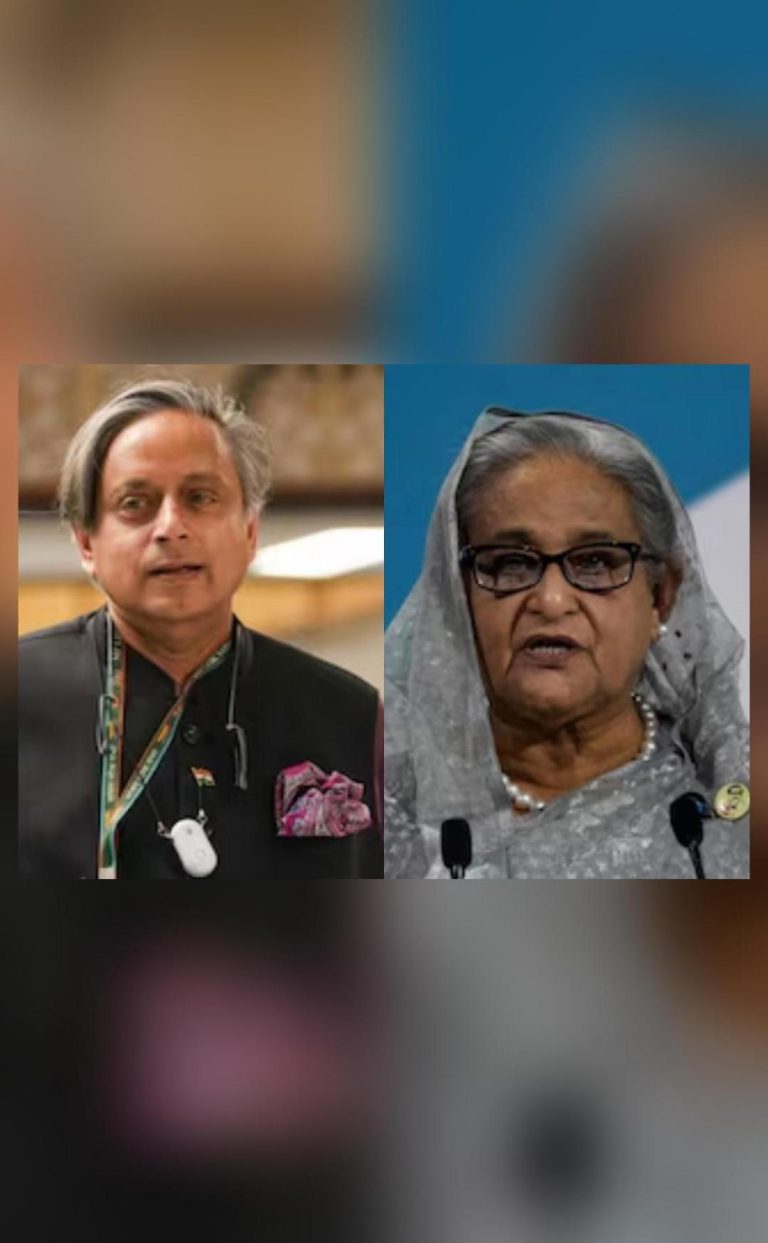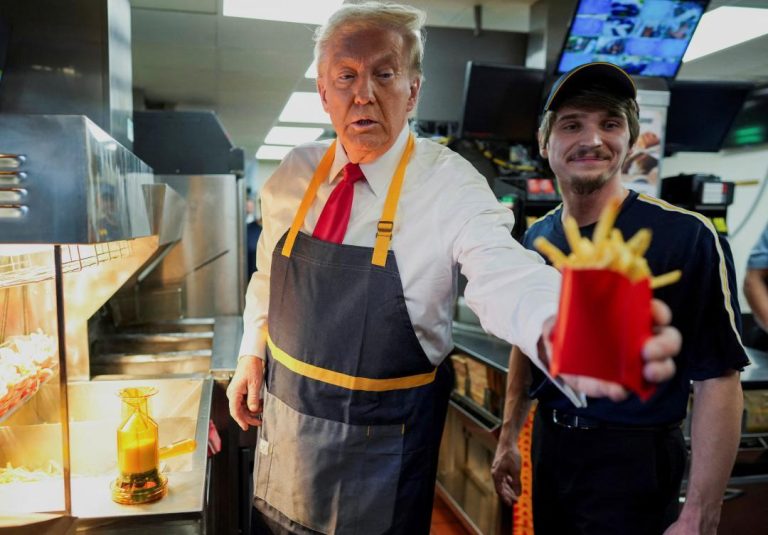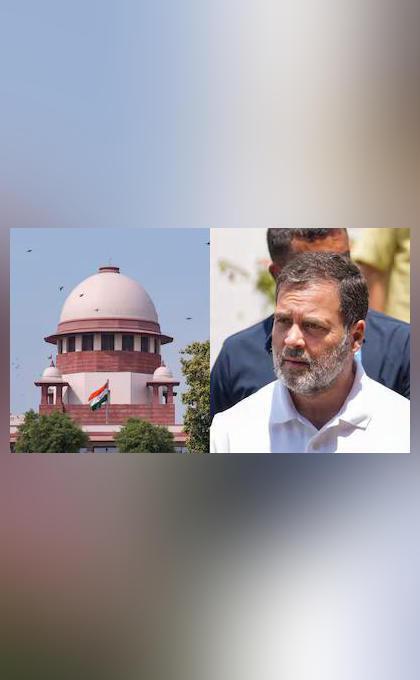
Why Ask on Social Media & Not in Parliament: SC to Rahul on ‘Land Grab’ Claim
In a recent development, the Supreme Court of India has questioned Congress leader Rahul Gandhi over his claim that China had grabbed 2,000 square kilometers of Indian land. The court’s stern rebuke came while staying a defamation case against Rahul for his remarks about the Indian Army. This incident has sparked a heated debate on the responsibility of political leaders in sharing information and seeking answers.
Rahul Gandhi’s comment was made during a rally in 2020, where he claimed that China had occupied 2,000 square kilometers of Indian land. The comment was widely reported and sparked concerns about the country’s national security. However, the Indian government and the Chinese government have denied the claim, and the exact status of the border remains unclear.
The Supreme Court’s intervention came as a result of a defamation case filed against Rahul Gandhi by the Centre for Promotion of Public Diplomacy, a non-profit organization. The organization claimed that Rahul’s remarks had damaged the reputation of the Indian Army and the country’s foreign policy. The court’s decision to stay the case has given Rahul a temporary reprieve, but the court’s sharp words have left him and his party reeling.
So, why did the Supreme Court rebuke Rahul Gandhi? The court’s primary concern was the lack of concrete evidence to back up his claim. The court asked Rahul how he knew that 2,000 square kilometers of Indian land was occupied by China. The court’s skepticism was evident in its words, which were laced with sarcasm. “How do you know? You are not a cartographer, you are not a geographer. You don’t have any information. You are just making an allegation,” the court said.
The court’s rebuke was not just limited to Rahul Gandhi’s lack of evidence. The court also took issue with his decision to make the comment on social media rather than in Parliament. The court said that if Rahul had any concerns about the border or any other issue, he should have raised it in Parliament, where it could have been debated and discussed. Instead, Rahul chose to make the comment on social media, which the court said was not a suitable platform for making serious allegations.
The court’s words have sparked a heated debate on the role of social media in politics. Many have argued that social media has become a convenient platform for politicians to make sensational claims without being held accountable. Others have argued that social media is a powerful tool for spreading information and holding those in power accountable.
The debate is not new. In recent years, there have been several instances where politicians have made claims on social media that have been later debunked. These instances have raised concerns about the lack of accountability and the spread of misinformation on social media.
However, the court’s words have also raised questions about the role of Parliament in holding politicians accountable. The court’s suggestion that Rahul Gandhi should have raised his concerns in Parliament rather than on social media highlights the need for politicians to take responsibility for their actions and hold each other accountable.
In conclusion, the Supreme Court’s rebuke of Rahul Gandhi is a timely reminder of the importance of accountability in politics. The court’s words have sparked a heated debate on the role of social media in politics and the need for politicians to take responsibility for their actions. As the country moves forward, it is essential that politicians prioritize transparency, accountability, and the truth over sensationalism and misinformation.


